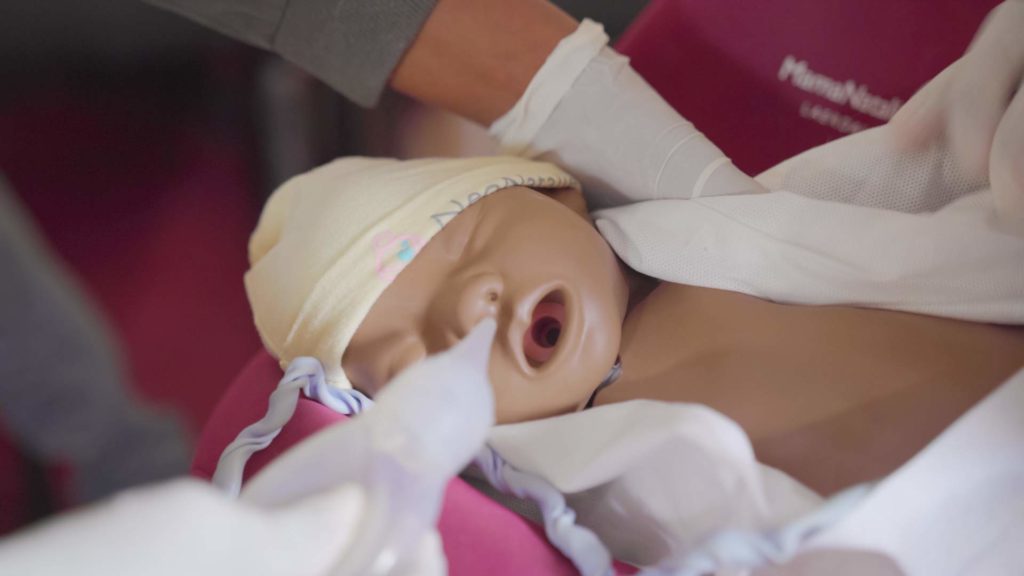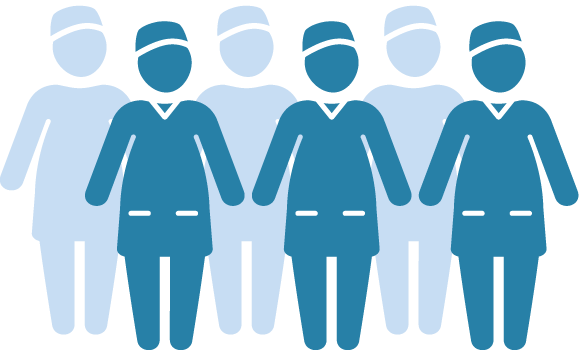Goal 2
Support continuous professional development in health facilities

Outcomes and impact
Midwives’ Associations were endorsed by their respective Ministries of Health to provide CPD. Midwives were therefore incentivised to attend the 50,000 Happy Birthdays HMS and HBS training and their CPD ”points” were recognised by the Regulatory Authorities toward compulsory annual re-licensing.
Trainers and participants in all three countries found the 50,000 Happy Birthdays project highly relevant and an effective way to strengthen healthcare providers’ confidence and competence. Improvements in maternal and newborn health outcomes were attributed to the provision of quality and respectful care.
- In Ethiopia, project participants noted that the training changed their approach to risk assessment and now women’s vital signs are routinely monitored.
- In Tanzania, participants shared that they never used to prepare the delivery room before admitting the mother but now they routinely prepare the environment and it is safer for the mother and the baby.
- In Rwanda, participants mentioned that low-dose high-frequency training was perceived as advantageous as it does not require staff to leave their clinical duties to access training, and it enabled staff to build skills and confidence through practical training.
Building confidence as a team
Even though the project was led by the Midwives’ Associations and targeted towards midwives, other health professionals and students from both public and private sectors were included in the trainings. Qualitative findings showed that delivering training to mixed groups fostered an improved understanding of each other’s roles and more effective communication, teamwork, and respect.
“There is better cooperation between different departments — when we Shout For Help, they come quickly — in the past they used to ignore us. This is because they feel as responsible as we do, they feel we are part of a single team. So now I feel I can shout for help when I need it, because I know they will respond”.
Practice coordinator, hospital, rural, Rwanda
